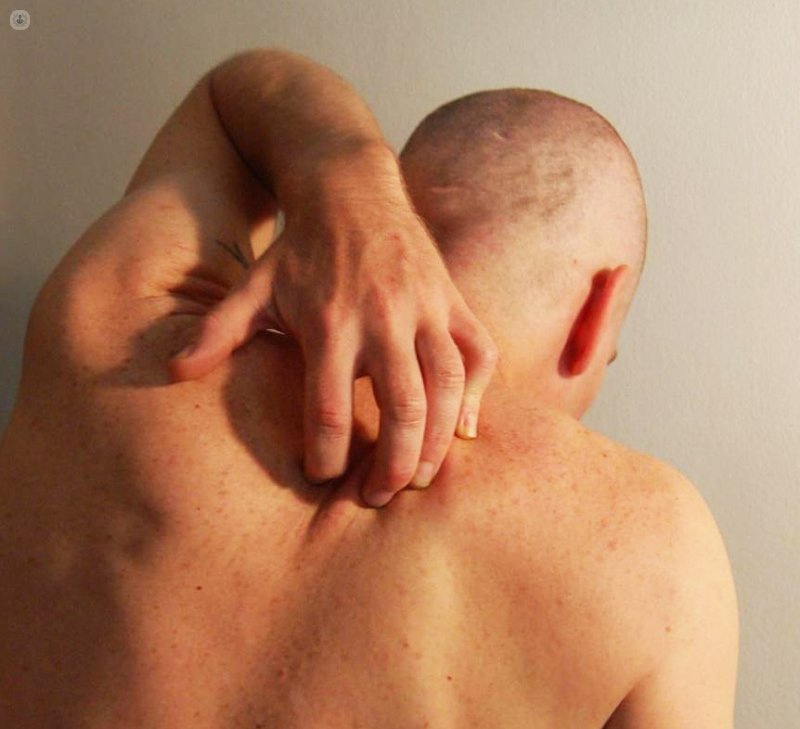Why urticaria develop and how to go
Written by: Hives is the most common skin diseases. Although many people have expressed ever urticaria, there are different degrees and mechanisms that can influence its manifestation, doing different treatments necessary Dermatology .
Hives is the most common skin diseases. Although many people have expressed ever urticaria, there are different degrees and mechanisms that can influence its manifestation, doing different treatments necessary Dermatology .
What is urticaria and types
Hives is a very common skin disease. In fact, it is considered that between 15 and 25% of people have had some passing episode in the long life.
It is the clinical manifestation of various inflammatory and immunological mechanisms. Clinically, it manifests as wheals and / or angioderma (swelling of the skin without redness).
Depending on the reaction duration two types of urticaria are distinguished. So, if it lasts less than 6 weeks is called acute urticaria and, if it lasts longer, chronic urticaria.
Mechanisms that can develop hives
The mechanisms that can develop hives are varied:
- Immune mechanism. It occurs in drug allergies or food and physical urticaria (cold, solar urticaria).
- Infectious mechanism. There are different types of virus or bacteria that can trigger it .
- Pseudoalérgico mechanism. It is taken for food preservatives, for example, or NSAIDs.
- Other mechanisms. They are associated with other internal diseases, such as acuagénicas rashes, hives or cholinergic urticaria-vasculitis.
Diagnosis and treatment of urticaria
The diagnosis of urticaria is basically clinical. It is appropriate that the expert in dermatology make a good collection of patient data and identify possible causes, with special attention to drugs.
As for treatment, the first step is to try to remove the stimuli causing agents or hives. Medical treatment is based on:
- Antihistamines orally. They can be advised alone or in combination including. Depending on the type of urticaria can respond better to a particular antihistamine.
- oral corticosteroids. In acute forms of urticaria may be short courses of oral corticosteroids necessary.
- Specific treatments for certain forms of urticaria, or for patients who do not respond adequately to conventional treatments.
Edited by: Patricia Pujante


